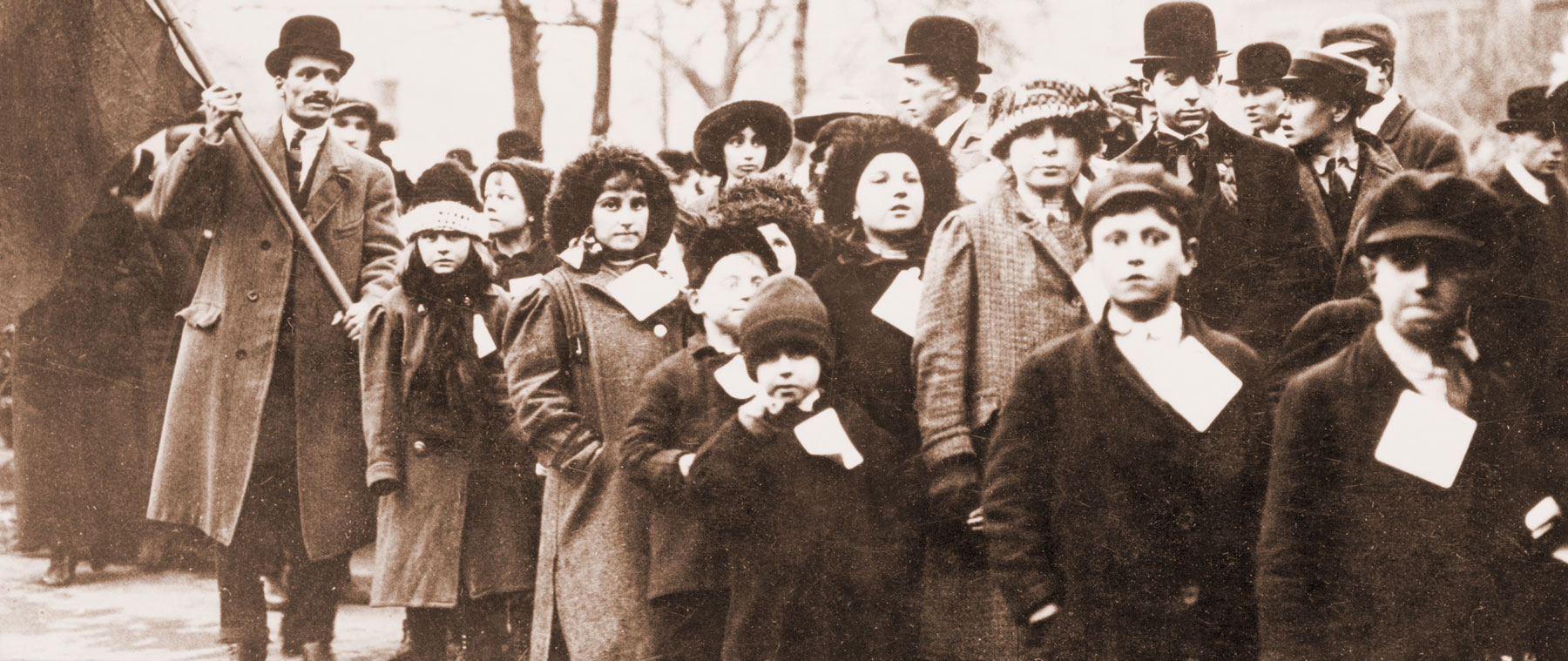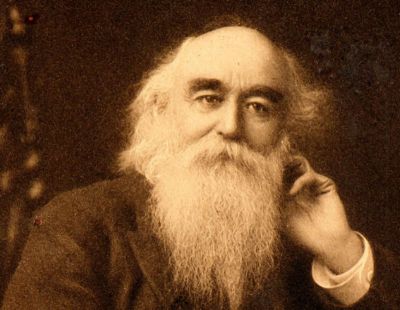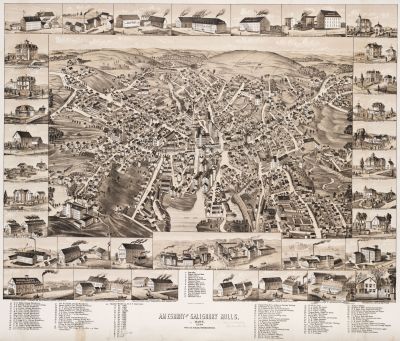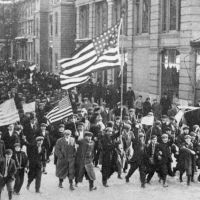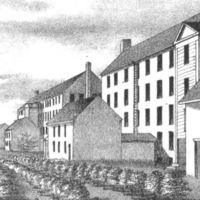Primary Source
From The Labor Movement: The Problem of Today, by George McNeill (1886)
…. Under the wage-system, no congregated form of labor is conducted on the theory of freedom of contract. At a recent hearing before a legislative body, the treasurer of a large manufactory was asked if he ever consulted with his help in reference to the matter of wages, "Do you suppose I run my establishment on the town-meeting plan?" In other words, he confessed, as all employers confess, that they do not propose to allow any freedom of contract as between them and their employees. The contract, so-called, is an agreement that the employer or corporation shall name all of the conditions to the bargain.
Quoted in Boston's Workers: A Labor History, by James R. Green and Hugh Carter Donahue (Boston public Library, 1972).


